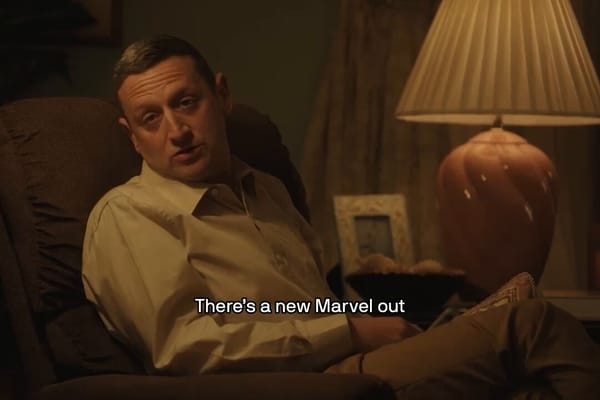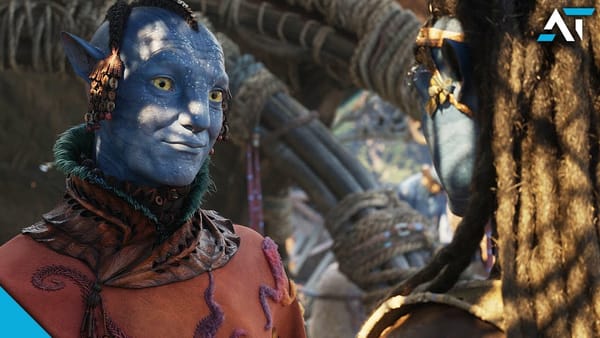So we're doing jokes now?
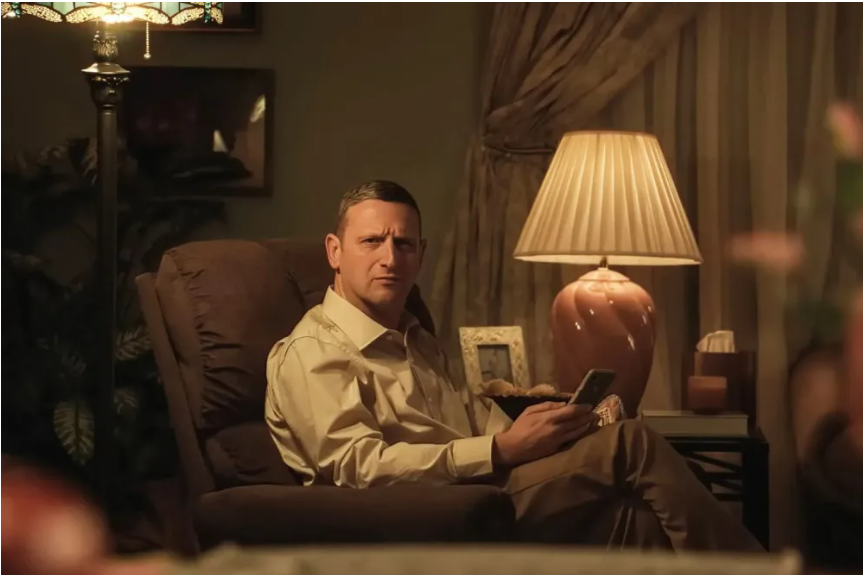
Uh, yeah, I think we're doing jokes now!
This year I've been taken-aback by the quantity and quality of movies I've seen in cinemas that are genuinely funny. Your mileage may vary on individual films (I'm thinking primarily of Eddington, The Naked Gun, Splitsville and Friendship) but they all contain something that's been in short supply in cinema lately: actual jokes.
The last decade or so hasn't been a great time for mainstream comedy. If you were to come up with a list of all the funniest films ever made, they'll likely either mostly predate the 2010s or come from somewhere other than Hollywood.
If you're a conservative trying to make sense this landscape, you'll look at all the evidence and completely misread it, concluding: "movies aren't funny because of cancel culture or free speech or woke or whatever." This is (obviously) bullshit. While there can be an annoying anti-joke tendency at the heart of some liberal media, I don't think it can really be blamed for influencing dominant culture. Conservative comedy is perfectly capable of being unfunny on its own merits and (as we've seen this month), nobody hates jokes more than those who value their own right to free speech nearly as much their right to bring an AR-15 into Cracker Barrel.

The long soy '10s
The highest-profile mainstream movie I can think of from the last decade that was actually funny is Greta Gerwig's Barbie. Even if Gerwig felt the need to undermine her own comedic instincts with a hard pivot into direct-to-camera earnestness, it still had honest-to-god jokes.
But Barbie was an anomaly. Mainstream cinema has been dominated for years by blockbusters, usually made by the Disney corporation, that have alluded to humour in their writing without actually being funny. Think of all the lines in Marvel movies that have the cadance of jokes but signify nothing but themselves. These lines never have any meaningful basis in character or situation or theme, they just sound like they're meant to be funny. When a character says "Awkwaaaaard," or "He's right behind me isn't he?" it's like a 'LAUGH' sign being held up for a live studio audience. It's very possible that comedy has been so bad for the last decade at least partly because the most expensive films have sucked all the energy out of the room, employing comedy writers and directors but not letting them write or direct actual comedy.
A writing style defined by quips, sarcasm and banter rather than jokes lingers in 2025. In Steven Soderbergh's Presence (written by repeat-offender David Koepp), a family is sitting together in the aftermath of a traumatic confrontation with a ghost and matriarch Rebecca (played by Lucy Liu) says "So... that just happened!" In Sorry, Baby, star Eva Victor (who also wrote and directed), picks up a cat and says "I guess I'm holding a cat now!" In another scene, they pick up a baby and say "I guess I'm holding a baby now!" I have also been repeatedly subjected to the trailer for Jay Roach's The Roses which is so unfunny I have had to suppress a panic attack every time I'm in a cinema and Kate McKinnon comes onscreen.

Comedy finds its target
If this seems like a lot of negativity about the state of comedy, it should instead be read as cautious optimism. The writing style that has been in vogue since the 'epic bacon' dreck of the early 2010s[1] seems to be on its way out. There may be some stragglers but, for the most part, the only people talking like Tom Holland are people like Damien Grant and Tom Holland.
What's interesting about the jokes in the four movies I'm singling out (let me know if there's any I've missed) is that they're all aimed in roughly the same direction. These are all movies that are very deliberately taking the piss out of white masculinity. That's not to say Splitsville is some kind of masterful feminist text, but it is a notable shared perspective.
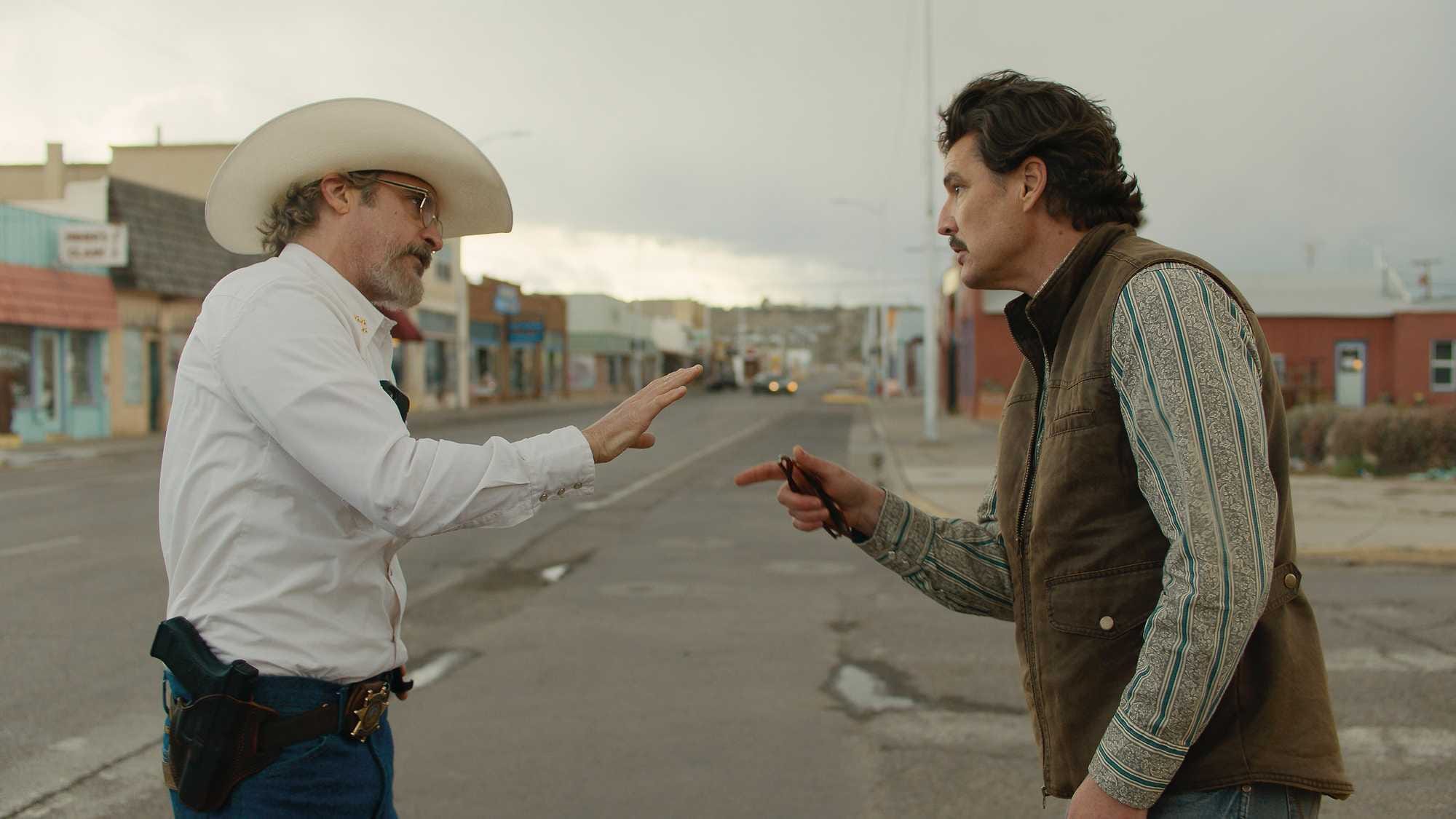
With Eddington, Ari Aster has finally completed his progression from horror to cringe comedy[2]. Its satire of COVID-era politics hasn't resonated with everyone and there are some good-faith criticisms that can be lobbed at it. But for me, a film that may appear on the surface to be doing South Park-style equal opportunity offending has a clear moral compass—it's just that none of its main characters have one. This is a film where American politics, whether it's embodied by Joaquin Phoenix's brain-fog addled conservative sheriff, or Pedro Pascal's smarmy shitlib mayor, is motivated primarily by petty sexual hangups. There may not be much room between them on the political compass outside of empty culture signifiers, but that doesn't mean the problems they're ignoring aren't real[3]! And most-importantly for the purposes of this piece, the volume of sight-gags is on par with the golden age of The Simpsons.
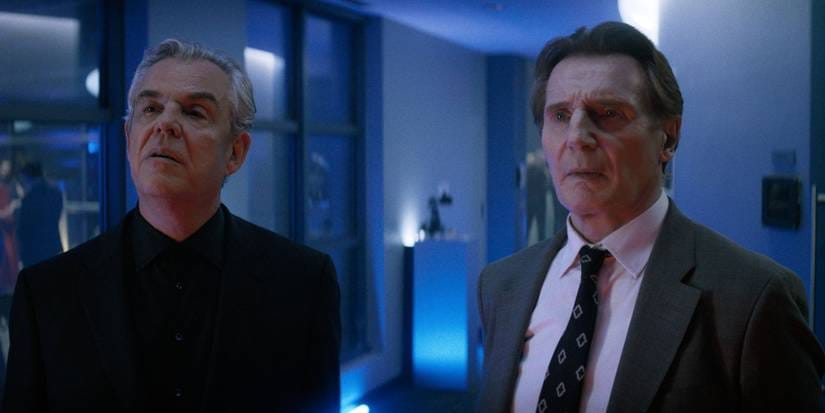
But Eddington isn't even the most gag-dense film of the year. That would be The Naked Gun. It's a miracle how funny this film is, just as silly as its Leslie Nielsen predecessors, but with a crystal-clear comedic perspective. Liam Neeson's Lt. Frank Drebin Jr. is the personification of clueless masculinity. Rather than a very particular set of skills, he is insulated from misfortune by his badge, gun and a good deal of privilege. Far more accustomed to shooting petty crooks in the back, he stumbles into a conspiracy that pits him against Danny Huston's evil tech mogul—another resonant archetype of impotent masculinity.
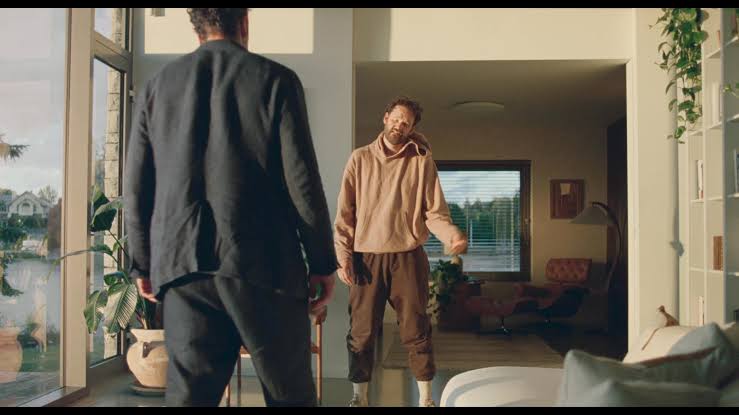
Impotence is also the name of the game in Splitsville. This may ultimately be the least successful of these four movies but it's still genuinely funny. Here, the humour comes from two mediocre white men (Michael Angelo Covino and Kyle Marvin) who are each repeatedly cuckolded by their beautiful wives.
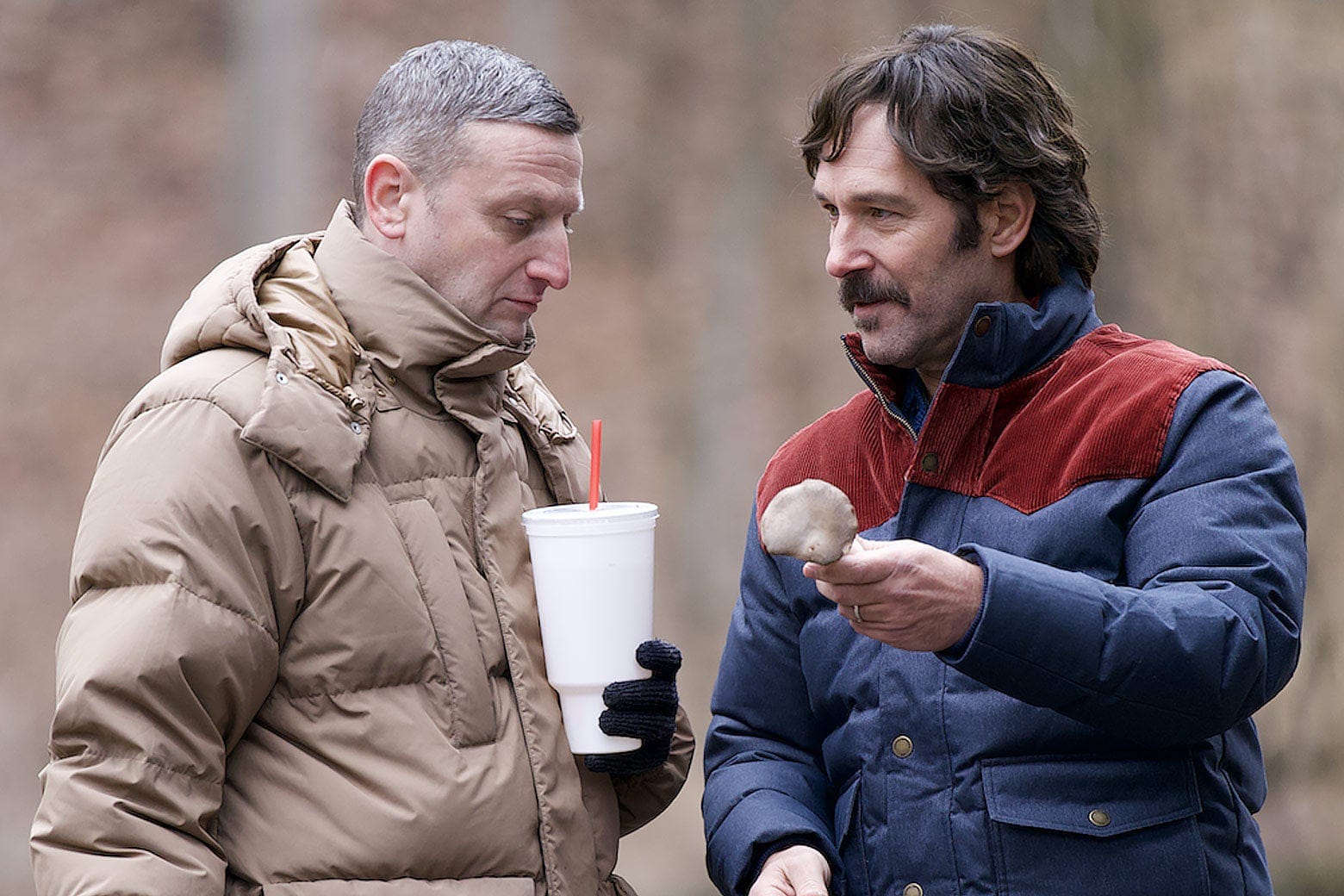
Finally, Friendship takes everything funny about emasculation to its logical and dark conclusion. To see good comedy in the last few years, you've needed to look somewhere other than the big screen. Comedians like Tim Heidecker, Conner O'Malley and Tim Robinson have located something very sinister at the heart of contemporary American masculinity in their streaming work. In his first big screen leading role, Robinson[4] plays Craig Waterman, a Marvel-loving suburban dad who finds a new lease on life when he befriends a much cooler man (Paul Rudd). Everything seems to be going well between the two guys... until it isn't.
The age of emasculation
I don't know why movies are funny again all of a sudden. Maybe superhero pictures are doing so poorly it's opened up some space in Hollywood's release schedule? Maybe we're seeing the outcomes of well-deserved wins from the writers' strike? Maybe a cheaper genre like comedy is a safer bet in a hostile economic environment? Whatever it is, the things happening in comedy are providing some much-appreciated relief to a political system dominated by men who could be the protagonists of any of these films.
There have been jokes about the buffoonishness of the privileged as long as there has been jokes. Nearly every sitcom ever made features a dumb patriarch we love to see humiliated. There is nothing funnier than a dude who, despite his best efforts, finds himself naked, cucked or hit by a football. None of this is revolutionary, but I'm always going to prefer a comedy with an acerbic disdain for its target than a hopepunk blockbuster where everyone is friends.
A lot of the blame lies with Joss Whedon but I'd also like to single out painfully unfunny movies like 2010's Tucker and Dale vs Evil and 2011's Paul as early contributors to this trend. ↩︎
It makes sense! Both genres are all about the discomfort of watching characters do things you really wish they weren't doing. ↩︎
A deadly pandemic, structural racism, institutional child abuse, (maybe not the Antifa supersoldiers). ↩︎
O'Malley shows up as well for one of the funniest scenes of the year. ↩︎

